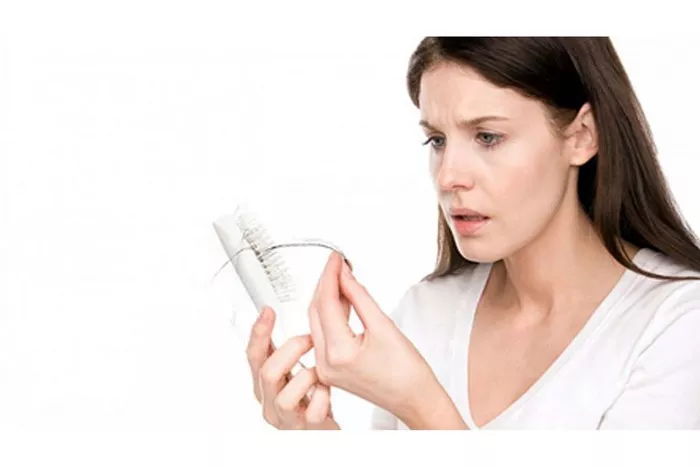Hair loss can be a distressing experience for many individuals. While various factors contribute to hair loss, including genetics, stress, and hormonal changes, certain supplements have gained attention for their potential to promote hair health and combat hair loss. In this article, we’ll explore six aspects of supplements for hair loss and delve into the details of how these supplements may offer support.
Why hair loss occurs?
Hair loss, medically termed alopecia, can stem from various factors. The most common cause is hereditary pattern baldness, or androgenetic alopecia, where genetics and hormonal changes lead to gradual hair thinning. Other culprits encompass hormonal imbalances (like thyroid disorders), medical conditions (such as alopecia areata, an autoimmune disorder), certain medications (like chemotherapy), and high-stress levels, which can trigger a condition known as telogen effluvium. Nutritional deficiencies, poor diet, and improper hair care practices can also contribute. Understanding the underlying cause is crucial for determining suitable treatments, which may range from medication and lifestyle adjustments to hair transplant procedures.
What Supplements Should I Take for Hair Loss?
Before taking any supplements for hair loss, it’s important to consult with a healthcare professional, as they can assess your specific situation and recommend the most appropriate options. That said, here are some supplements that are commonly considered for promoting hair health:
1. Biotin – The Hair Strengthening Essential
Biotin is a water-soluble B-vitamin, often referred to as “the beauty vitamin.” It plays a vital role in maintaining healthy hair, skin, and nails. Biotin supports the keratin infrastructure, a protein that makes up hair strands. Studies suggest that biotin deficiency can lead to hair thinning and loss. Taking biotin supplements can help strengthen hair follicles, potentially reducing hair fall.
2. Vitamin D for Hair Follicle Stimulation
Vitamin D is known for its role in bone health, but emerging research suggests it may also impact hair growth. This sunshine vitamin helps create new hair follicles, which are the tiny pores from which new hairs grow. Ensuring adequate vitamin D levels through supplements might stimulate dormant follicles, promoting hair regrowth.
3. Omega-3 Fatty Acids – Nourishing from Within
Omega-3 fatty acids are renowned for their anti-inflammatory properties and benefits to cardiovascular health. These healthy fats also contribute to scalp health. A well-nourished scalp supports healthy hair growth. Omega-3 supplements can help manage inflammation that may contribute to hair loss, while also nourishing hair follicles from within.
4. Iron’s Impact on Hair Health
Iron is essential for oxygen transport in the body, and it plays a crucial role in hair health. Iron deficiency, often referred to as anemia, can lead to hair shedding. Taking iron supplements, especially for individuals with low iron levels, can help restore hair growth by ensuring proper oxygen and nutrient supply to hair follicles.
5. Collagen – Building Blocks for Hair Structure
Collagen is a protein that forms the structural foundation for hair, skin, and nails. It provides strength and elasticity to hair strands. As we age, collagen production decreases, which can lead to brittle hair and hair loss. Collagen supplements contain amino acids that support hair structure and growth, potentially reversing some effects of aging on hair.
6. Antioxidants:
Antioxidants play a significant role in maintaining overall health, including the health of your hair. These powerful compounds help combat oxidative stress, a process that can contribute to hair follicle damage and hair loss. By neutralizing harmful free radicals, antioxidants protect hair follicles from damage, promoting a healthier environment for hair growth. Common antioxidants like vitamin E, vitamin C, and selenium can be found in various foods and supplements. Incorporating antioxidant-rich foods into your diet and consulting with a healthcare professional about supplements can contribute to maintaining vibrant, luscious hair.
See Also: How to Stop Seasonal Hair Shedding: Tips and Solutions
Conclusion
While supplements can offer support in maintaining and promoting hair health, it’s important to approach them as part of a comprehensive strategy. A balanced diet rich in vitamins and minerals, along with a healthy lifestyle, contributes to overall well-being and can positively impact hair growth. Before incorporating supplements into your routine, it’s advisable to consult a healthcare professional, especially if you have underlying health conditions or are taking other medications. Remember that individual responses to supplements may vary, and patience is key when expecting results.


